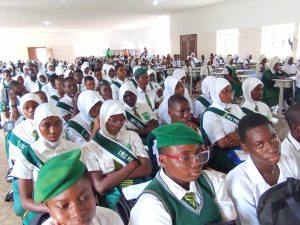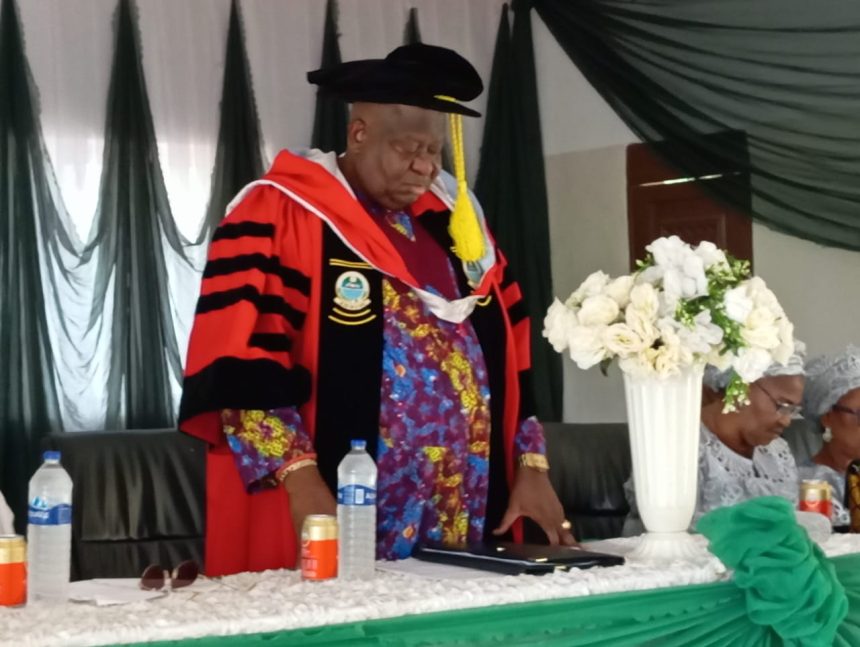A university don, Dr Fassy Adetokunboh Yusuff, has advocated adequate recognition for Polytechnic Education in Nigeria, stressing that it offers advanced technical education needed for further technological development of the country.
Yusuf, while delivering the annual lecture of the Ijebu Muslim College Old Students Association, IMCOSA, Ijebu Ode, on Saturday, noted that polytechnic model was hands-on and industry-responsive education that trained students in advanced skills.
According to him, “polytechnics usually offer a more practical, hands-on approach to technical subjects, whereas, universities tend to focus on the empirical, research-based studies.”

Speaking on the theme, “Life After Secondary School Education,” Yusuf, a former commissioner in Ogun State, emphasized the importance of acquiring additional knowledge beyond secondary school education to achieve success and relevance in life.
READ ALSO: EXTRA: #EndBadGovernanceInNigeria, By Adesola Ayo-Aderele
He highlighted various means of acquiring additional knowledge to include vocational and crafts education; technical and religious education; polytechnic and professional education, and university education.
He stressed the need for students to develop skills, be adaptable, and have impeccable character to succeed in the complex world.
In his address, the National President of IMCOSA, Otunba Olawale Salami, said the lecture chosen within the context of youth development and empowerment was designed to prepare the SS3 Students of Ijebu Muslim College Ijebu Ode for challenges and opportunities that lay ahead of them after graduating from the school.
He said it was also to enrich the young ones with relevant and important information that they would need before and after graduation from IMC.
He added that it was also to update IMCOSA members who had wards in secondary schools on contemporary issues and information they needed to guide their wards going through their education and deciding on what career to follow.














